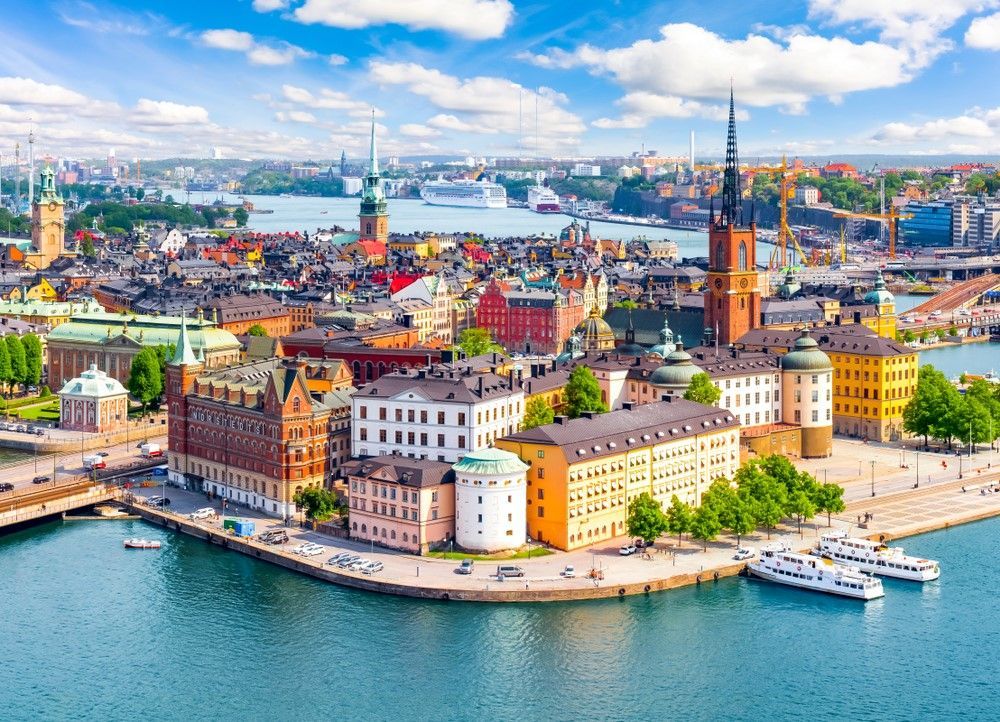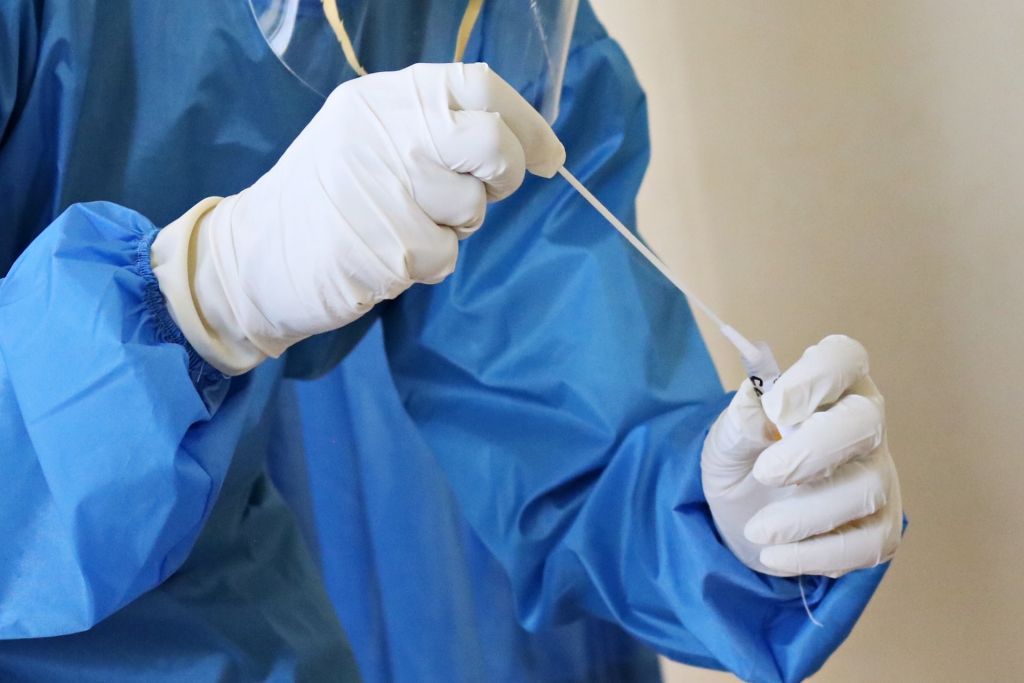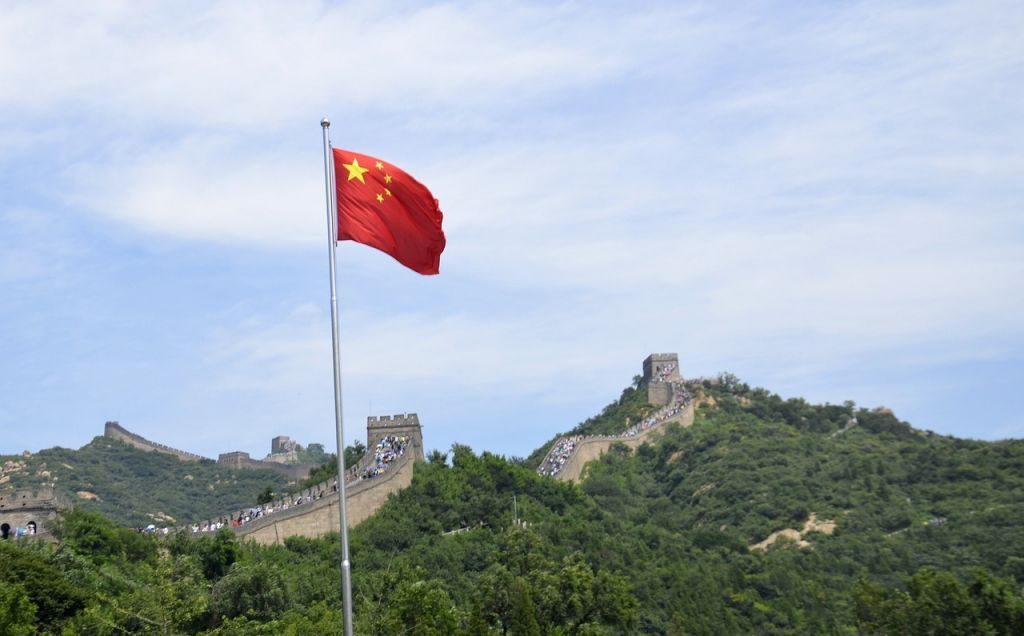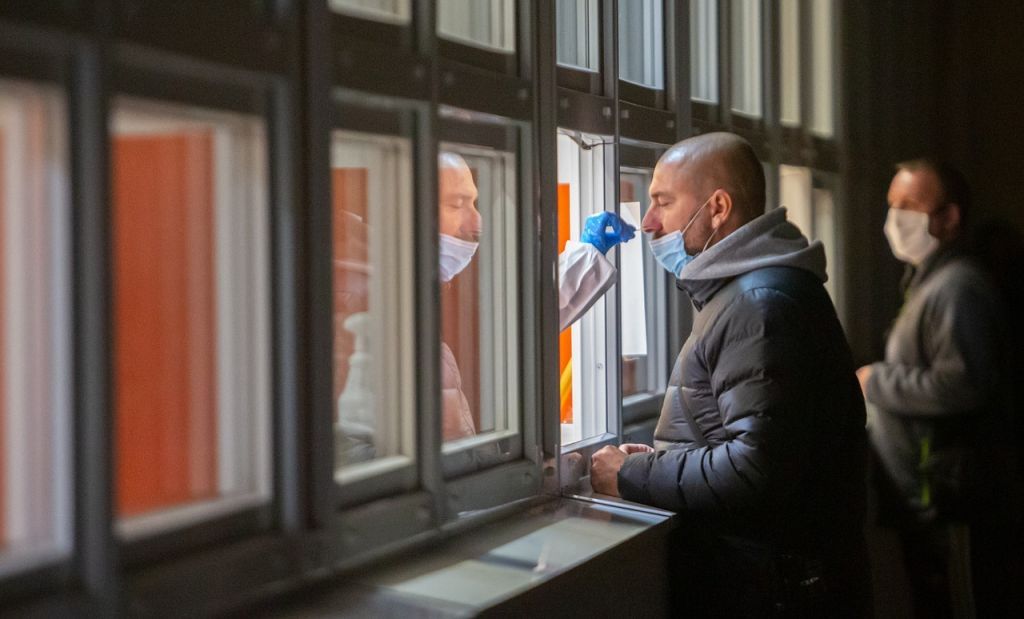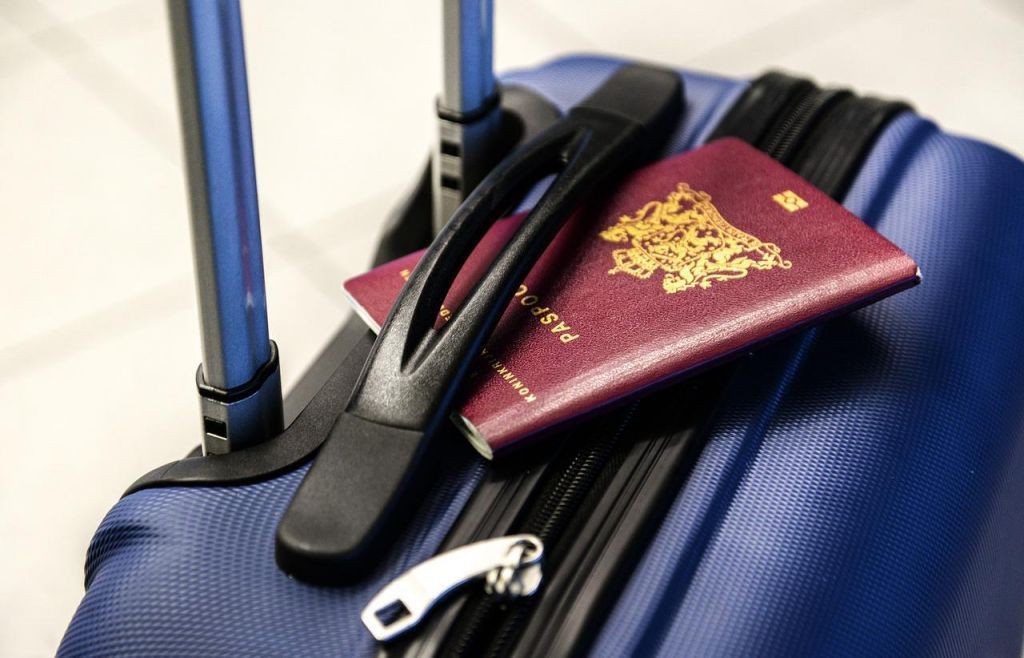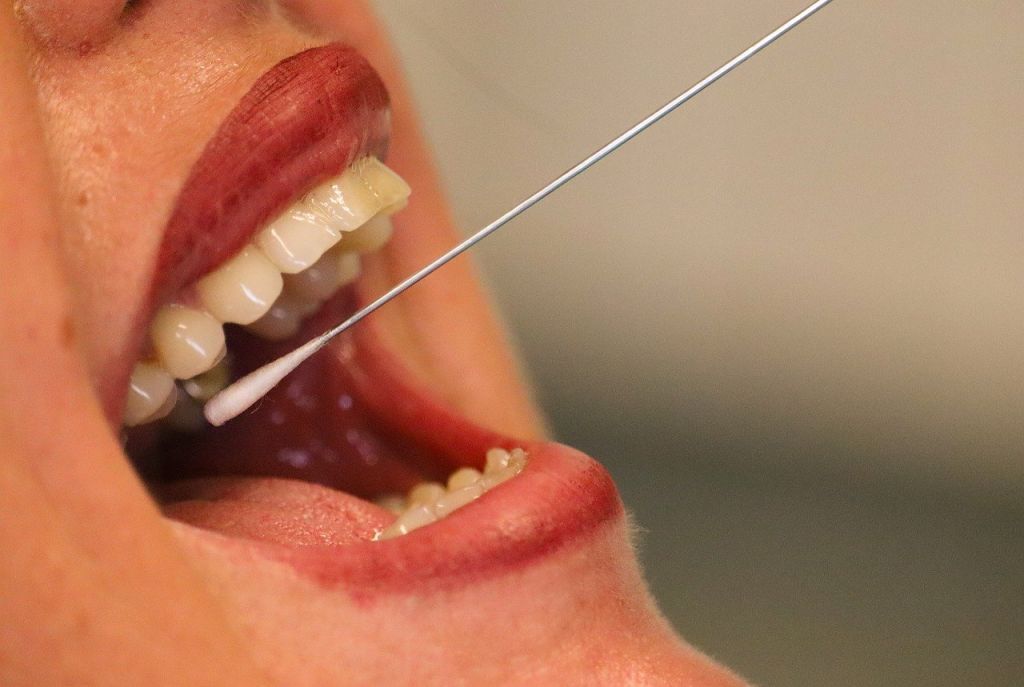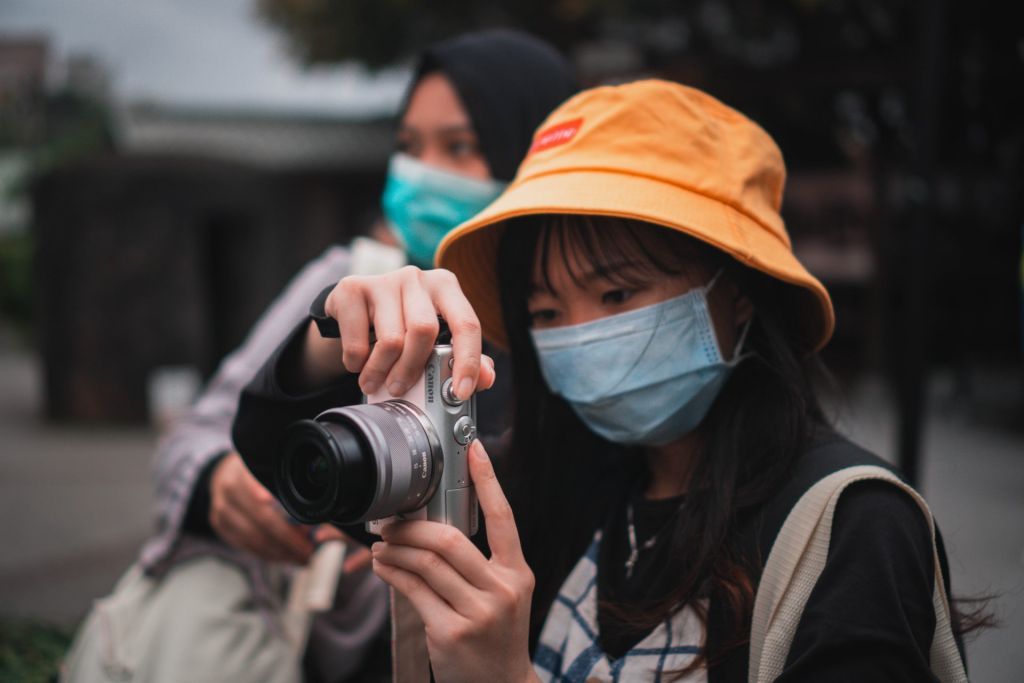UK nationals and residents returning from high-risk countries will have to pay for their mandatory 10-day hotel quarantine as part of measures to prevent new Covid variants from reaching the country.
The Government has resisted proposals for all arrivals to be subject to hotel quarantine. But initially, Mr. Grant Shapps, Secretary of State for Transport, wanted to limit the measure to passengers from only the 33 “high-risk” countries. Most recently, the UAE, Burundi, and Rwanda have been added to the “red list” of countries from where travel to the UK is banned.
Australian-style hotel quarantine will cost travellers up to £1,500 for 10 days self-isolating with meals served in their rooms and supervised by private security guards.
The measures will apply to people coming from most of South America, southern Africa, and Portugal, amid concern over new variants of the virus.
Those who fail to self-isolate after arrival may be fined up to £10,000.
The 30 countries are:
Angola
Argentina
Bolivia
Botswana
Brazil
Burundi
Cape Verde
Chile
Colombia
Democratic Republic of Congo
Ecuador
Eswatini
French Guiana
Guyana
Lesotho
Malawi
Mauritius
Mozambique
Namibia
Panama
Paraguay
Peru
Portugal (including Madeira and the Azores)
Rwanda
Seychelles
South Africa
Suriname
Tanzania
The United Arab Emirates
Uruguay
Venezuela
Zambia
Zimbabwe
How to travel to the UK?
Both the UK and foreign nationals arriving in the country must provide evidence of a negative Covid-19 test result, taken up to three days before departure.
If travellers do not do this, airlines may refuse to take them and/or they could be fined £500.
Before heading to the airport, travellers have to provide their journey and contact details via an online passenger locator form. They must then ensure they have a copy of their filled in form at border control – this can be a digital or hard copy.
Even with a negative test, travellers must self-isolate for 10 days after arriving in the UK, unless they have come from Ireland.


